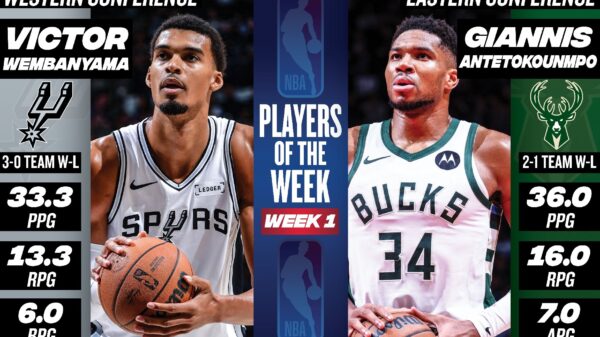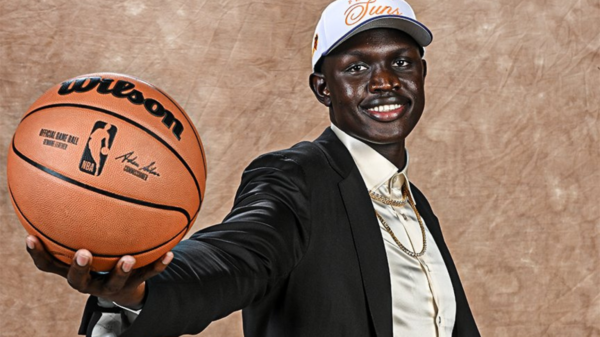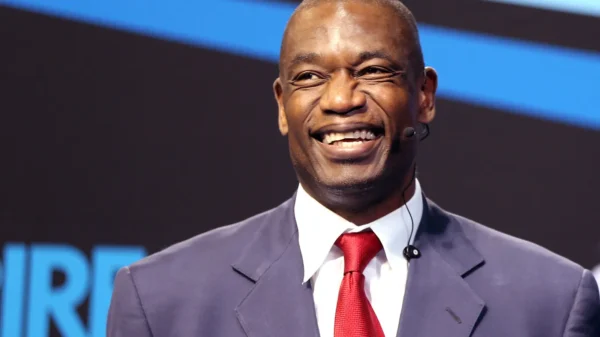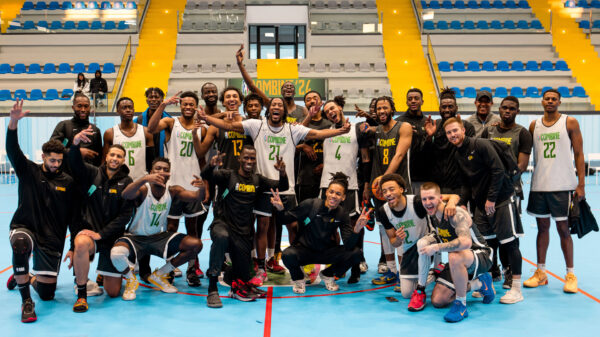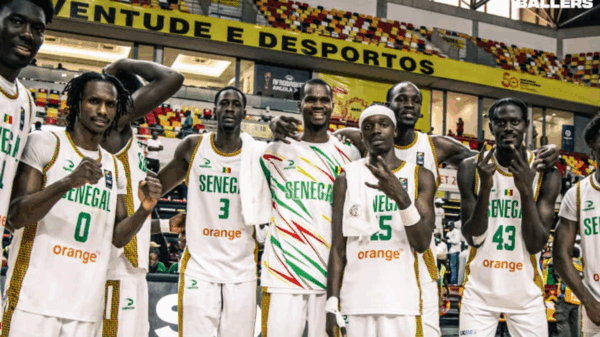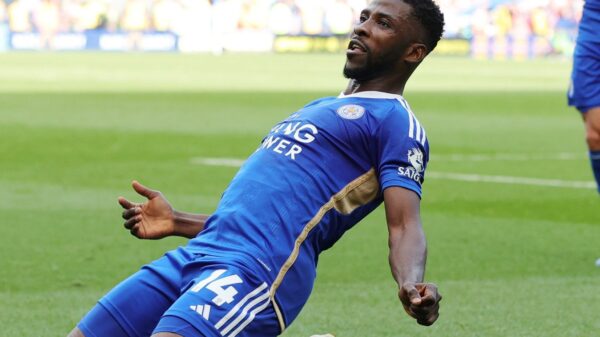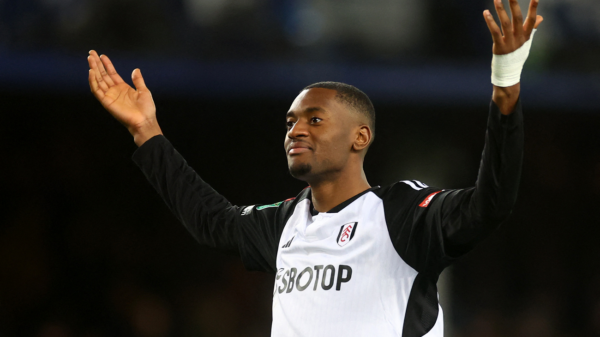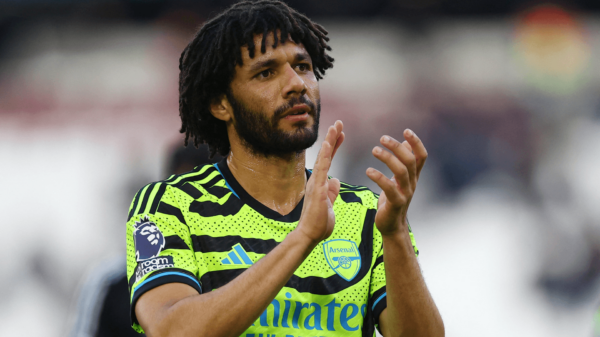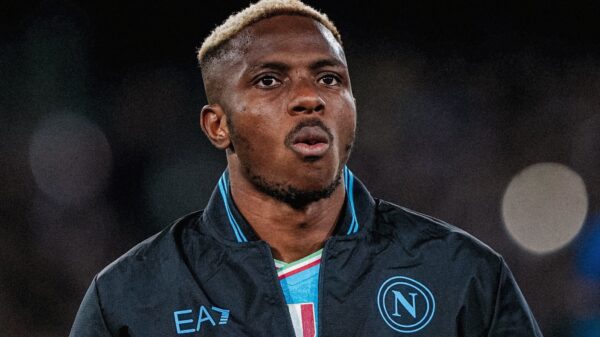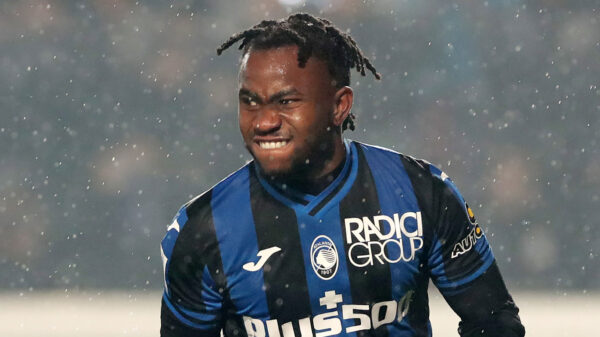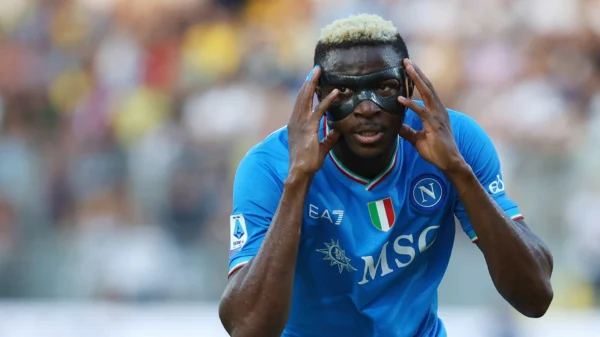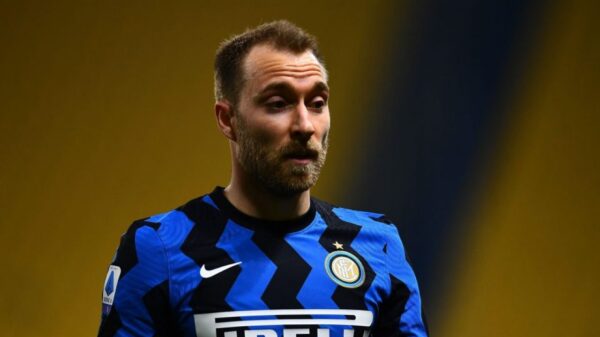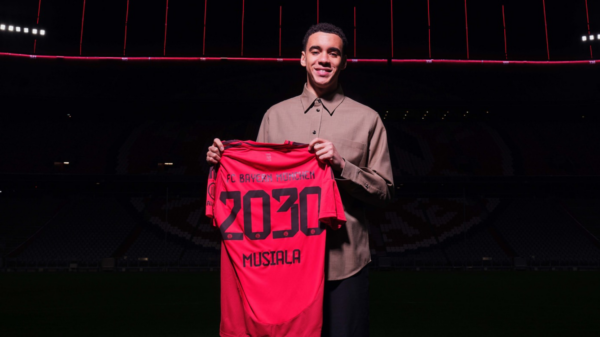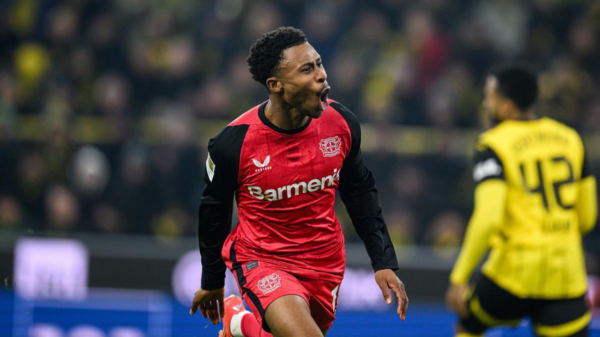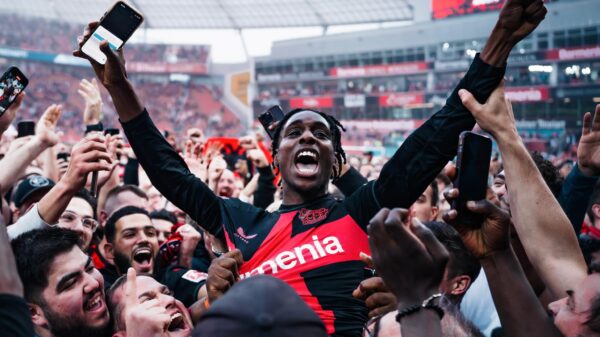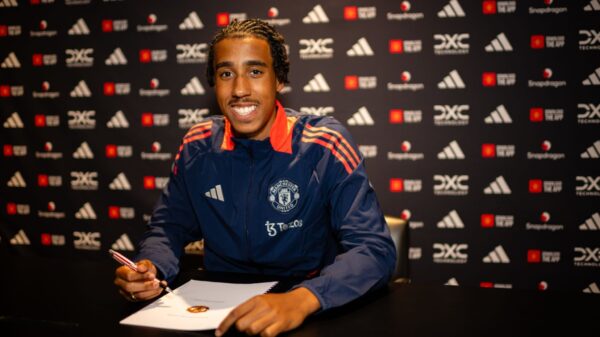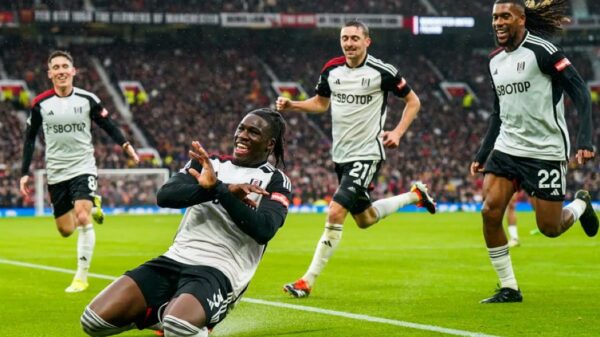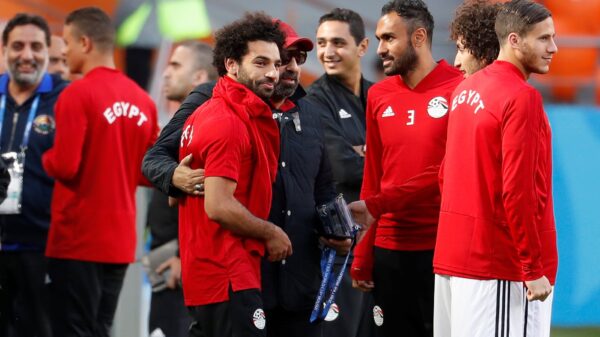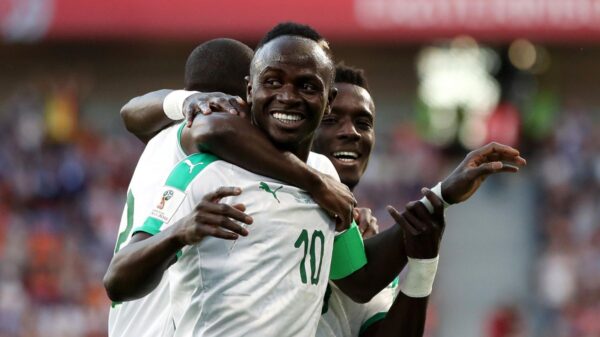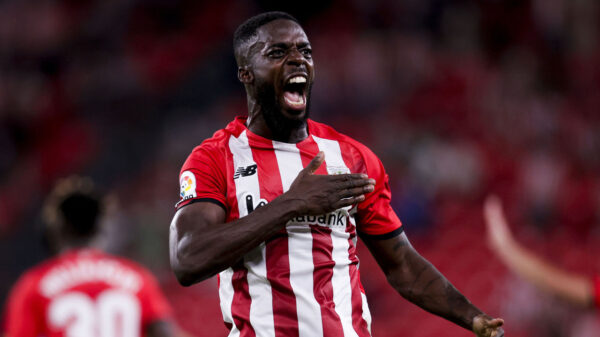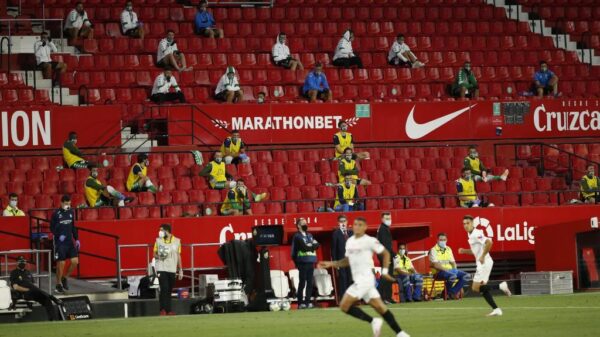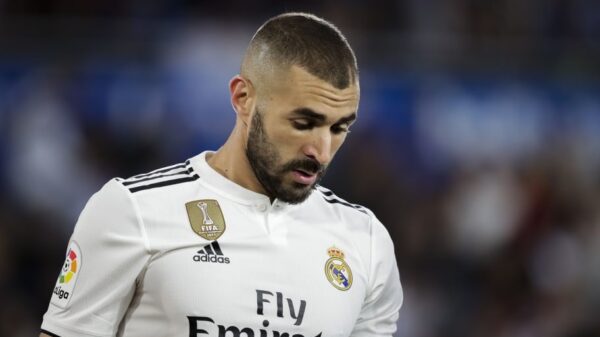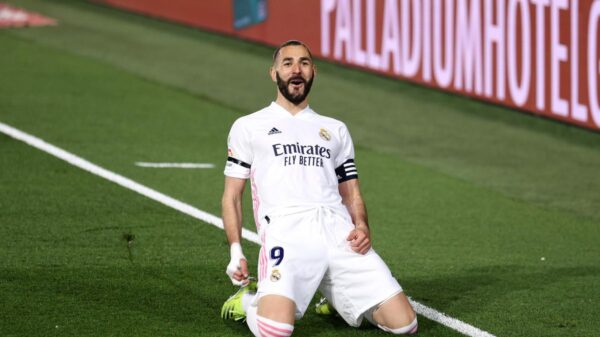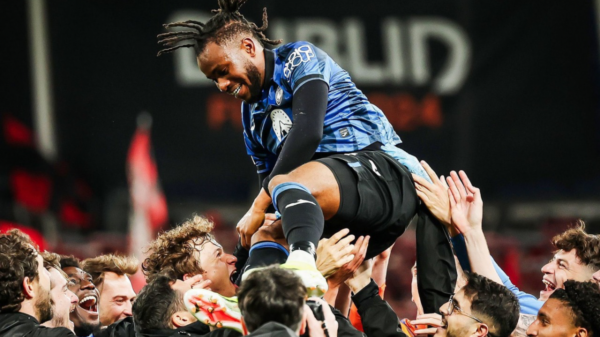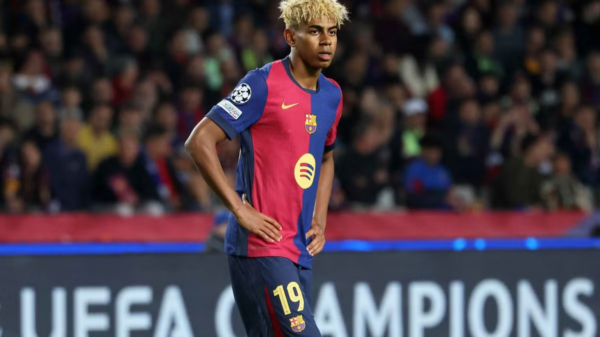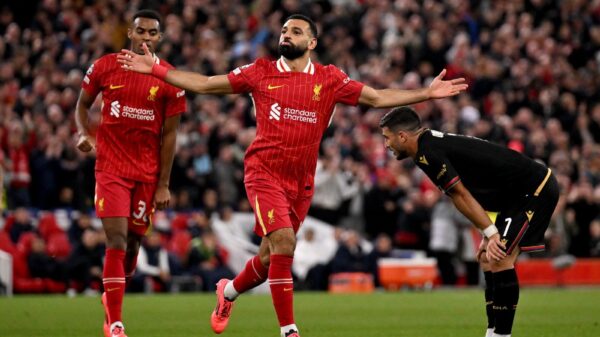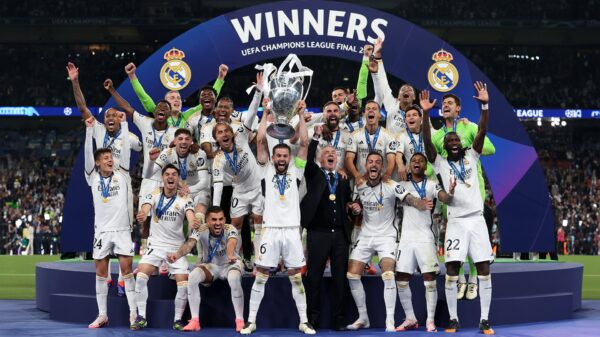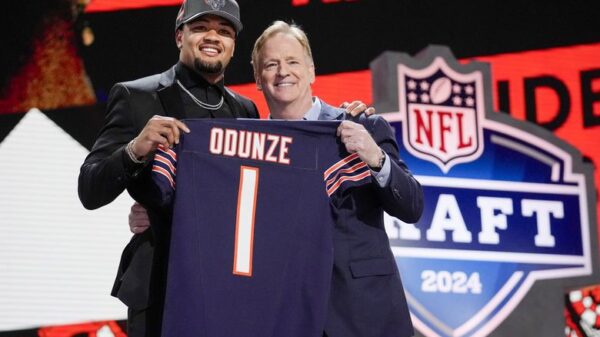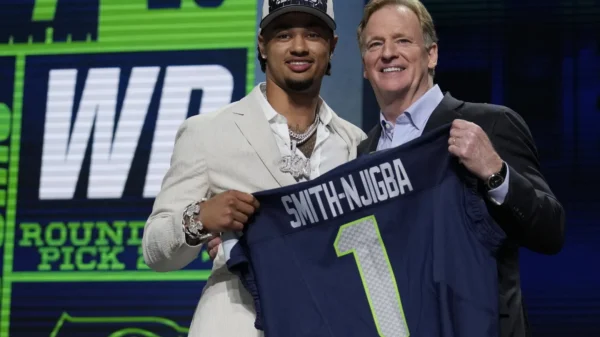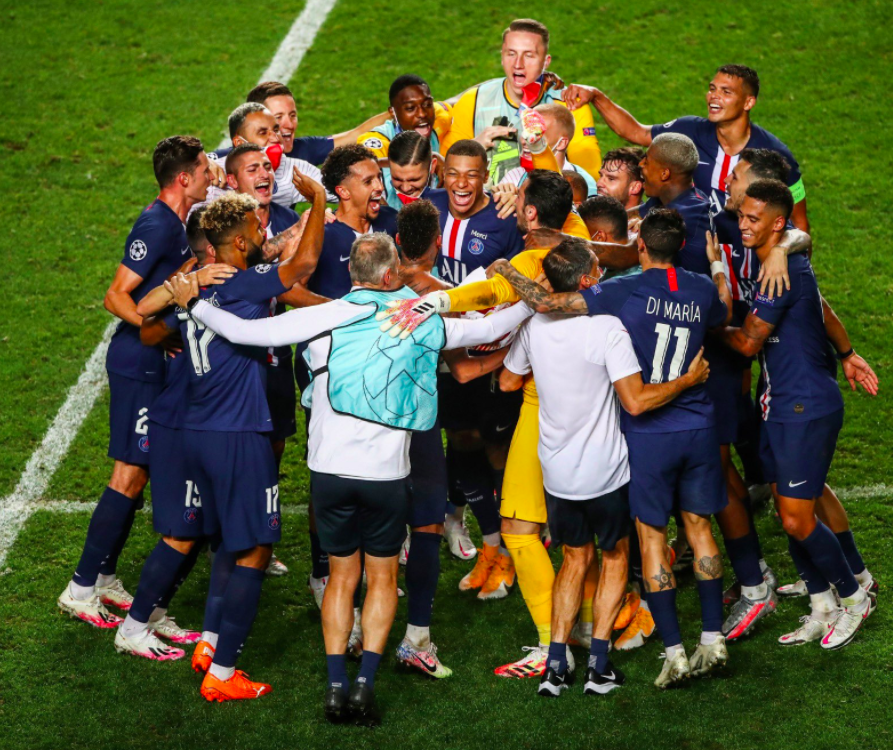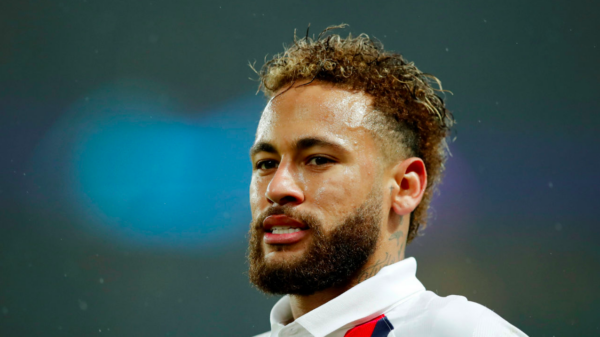Twelve major football clubs announced a new European Super League on Monday, breaking away from the UEFA Champions League and prompting an angry response from fans, politicians and their domestic leagues.
Here are the main things to know about the new venture:
Twelve heavyweights from England, Spain and Italy have agreed to establish a new competition, the Super League, governed by its founding clubs. This challenges the supremacy of Europe’s top club competition, the UEFA-run Champions League.
Arsenal, Chelsea, Liverpool, Manchester City, Manchester United and Tottenham Hotspur are the English clubs involved, Atletico Madrid, Barcelona and Real Madrid are the Spanish teams and the Italian sides are AC Milan, Inter Milan and Juventus. The teams have 99 European titles between them.
Three more teams are expected to join as founding clubs, which are guaranteed participation each year, with another five qualifying annually, making it a 20-team competition. Games will be mid-week, ruling teams out of the Champions League but leaving them free for domestic fixtures.
🚨 | Jurgen Klopp speaks about the European Super League…
The #LFC manager explains his thoughts on the breakaway proposals and reveals him and his players were not consulted on the decision.
Watch #MNF live on Sky Sports Premier League now! pic.twitter.com/DLSXeT1Lze
— Sky Sports Premier League (@SkySportsPL) April 19, 2021
What’s the format?
The inaugural edition will take place “as soon as practicable”, the announcement says.
With an August start, it will feature two groups of 10 playing home and away, and the top three qualifying for the quarter-finals.
The fourth and fifth-placed teams will play off for the remaining quarter-final spots. The quarter and semi-finals will be played over two legs and the final is a single game at a neutral venue.
There are also plans for a women’s version.
I'm strongly opposed to the idea of a European Super League. It'll only produce a series of exhibition matches based on greed that would be extremely damaging to the rest of the football community. pic.twitter.com/DAdrjfZI3v
— Jeremy Corbyn (@jeremycorbyn) April 19, 2021
What’s behind all this?
Money. Europe’s top clubs have long agitated for the income that guaranteed, annual competition against their fellow powers would bring. Currently, they have to qualify for the Champions League by placing high in their domestic competitions, and then make it through the season-long tournament to reach the high-profile latter stages.

